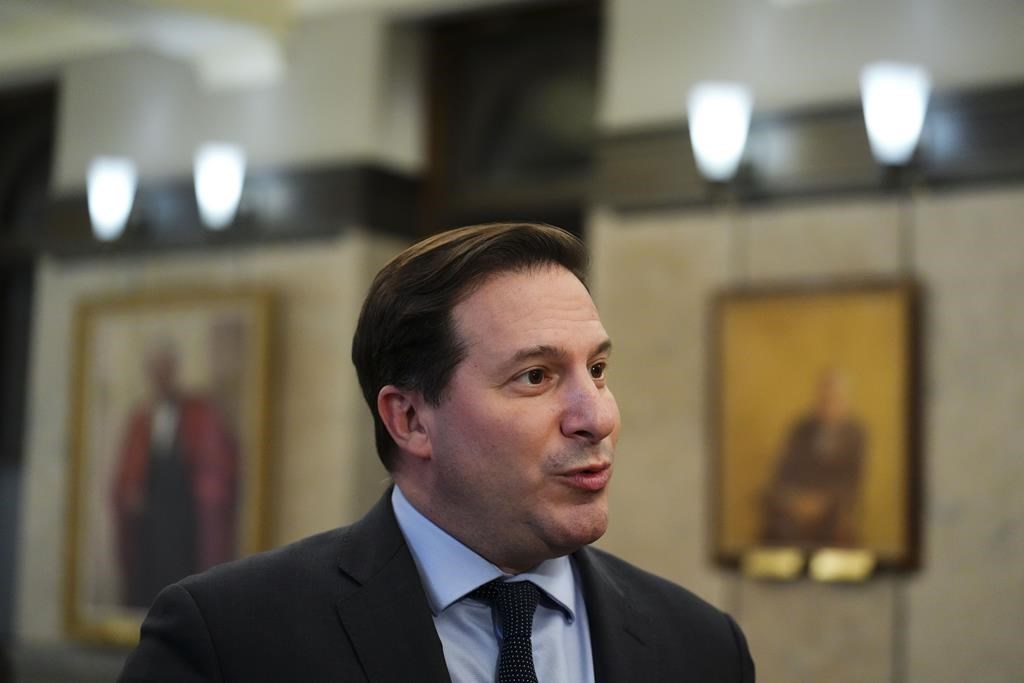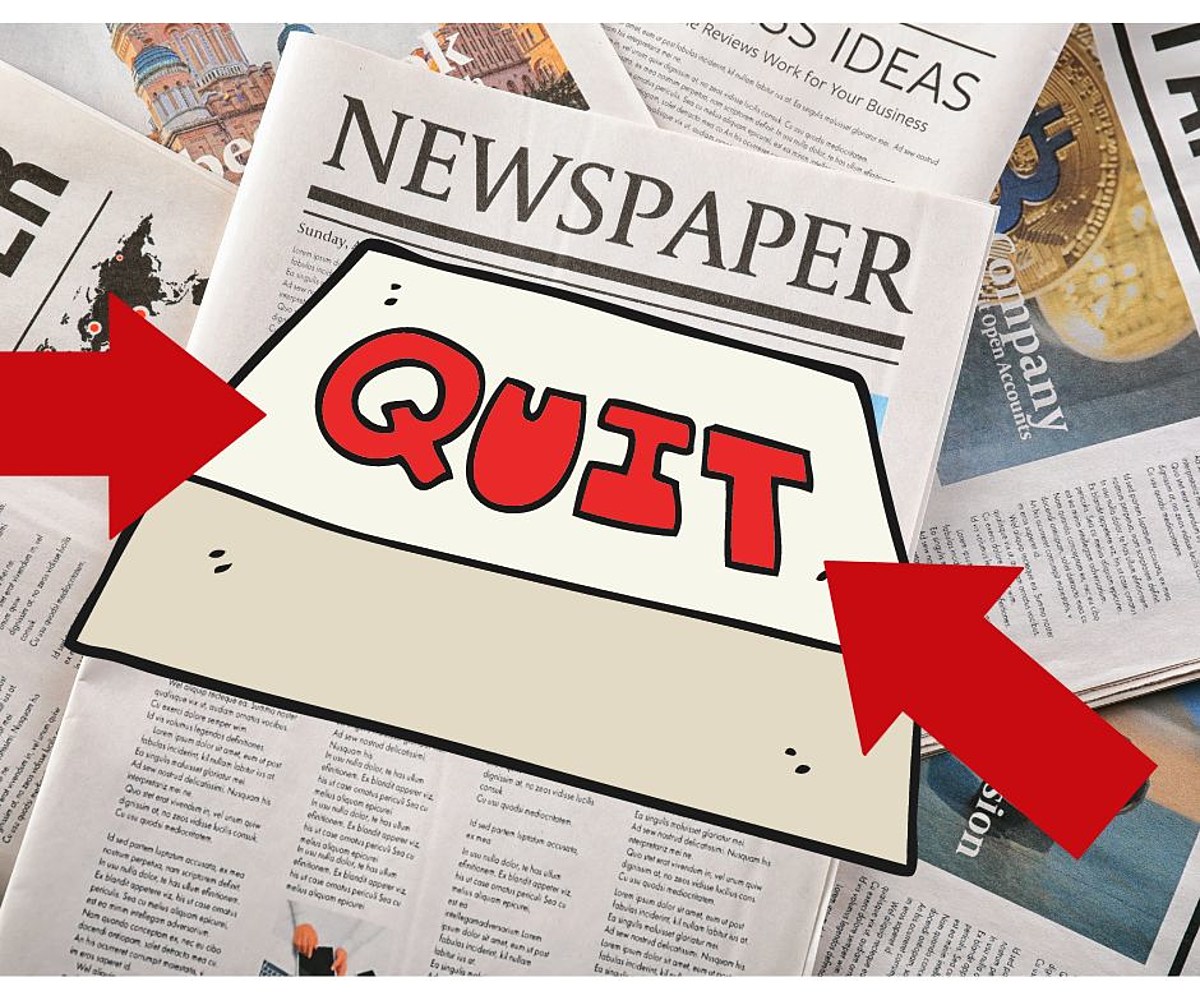Canada’s public security minister declined to say whether the independent panel that reviewed the integrity of the recent federal election had access to national security information that reportedly warned of China’s alleged attempts to interfere in the vote.
In conversation with Mercedes Stephenson The West Block On Sunday, Public Safety Minister Marco Mendicino noted the panel’s findings that the 2019 and 2021 elections were free and fair. But he did not answer clearly whether the panel has ever seen information that recent media reports have warned of attempts by China to interfere in the elections.
“We’ve always been at the forefront of the fact that there’s foreign interference, that we have to keep our eyes wide open and vigilant,” he said.
“Does this body have access to these intelligence reports? Did you know what CSIS knew?” Stephenson asked.
“Our impartial, professional officials are reviewing the information they need to assess the integrity of the election,” Mendicino replied. “They get the access they need to the information needed to reach those conclusions.”
The story continues below the ad
Read more: “China tries to get involved,” but Canadians alone ruled the recent election: Trudeau
Continue reading: ‘We kinda missed the landing’: The Premier of Alberta on an awkward handshake with PM
On Friday the globe and mail reported that China employed an “elaborate strategy” in the 2021 election to defeat conservative candidates and try to back the federal Liberals toward a minority government, citing Canadian Security Intelligence Service (CSIS) documents.
The report follows months of exclusive Global News coverage of allegations of attempted Chinese interference in the 2019 election, including memos and briefings from intelligence officials to Trudeau and his officials through national security and political bodies.
Prime Minister Justin Trudeau said on Friday: “China is trying to interfere in our democracy, in the processes in our country, including during our elections.”
Mendocino was questioned about these comments.
“We have always been upfront with Canadians that foreign interference poses a significant threat to the national security landscape,” he replied.
2:54 Trudeau says China is “trying to interfere in our democracy” — including during the election
The Public Security Minister insisted the government was taking aggressive measures to counter foreign interference, noting last week’s crackdown on foreign funding and the announcement of additional protections for academic research institutions.
The story continues below the ad
However, Mendicino was vague on future actions, including whether the government would be willing to expel Chinese diplomats.
The globe Article said China’s former Consul-General in Vancouver in 2021 boasted that she helped defeat two Conservative lawmakers.
“We will always take whatever steps are necessary if that means condemning hostile state actors,” Mendicino said. “We will do it. If that means taking other actions, then we will. And we’re excited to see what those threats look like.”
The Chinese Embassy in Ottawa has previously said China has always adhered to the principle of non-interference in other countries’ internal affairs.
Read more: Why Ottawa is cracking down on research links with states like China
Read on: Liberal MP tops all others with $21.9K spend on ‘protocol gifts’ Here’s what he spent it on
Conservative leader Pierre Poilievre said on Friday he wanted a public register of foreign actors to be created. Mendicino said late last year the Liberal government was preparing to consult the public about such a register.
hot right now
-
2023 Tax Season: Changes for Homeowners, Medical Expense, and More
-
The 19-year-old may be the youngest person ever to be diagnosed with Alzheimer’s
The minister pledged the government would commit to being transparent to Canadians about the foreign threats facing the country, while ensuring that the work to combat this interference is left to government agencies and public officials.
“National security is not a party issue,” he said.
The story continues below the ad
Better cooperation after emergency law report, says Mendicino
Mendicino also told Stephenson he was eager to implement recommendations to improve coordination with provinces and territories set out in a landmark report on the use of the emergency law to ensure those powers are not reinstated.
Judge Paul Rouleau on Friday delivered his much-anticipated report on the response to the “freedom convoy” protests that closed Ottawa and several border crossings over the past year. Rouleau, who led an independent public inquiry into the government’s unprecedented use of emergency powers, found the move was justified but the emergency could have been avoided with better political and police cooperation.
1:31 FBI Agents Justified Use of Emergency Law During ‘Freedom Convoy’: Final Report
Trudeau has promised that his administration will begin implementing the report’s 56 recommendations this year, which Mendicino said will include improving those interstate ties.
The story continues below the ad
“I think one of the most important points for the future is to strengthen cooperation, to strengthen coordination between all levels of government so that there never comes a point where you have to invoke the emergency law,” the minister said.
“There are some specific recommendations for monitoring and sharing information and intelligence, and even some of the testing that is in the law itself. We will study these very carefully.”
Read more: The “very high threshold” of the emergency law has been reached, the commissioner orders in an important report
Continue reading: More Canadians will trust governments as COVID pandemic eases: poll
The report was particularly critical of Ontario Premier Doug Ford, who was accused of not fully engaging in efforts to resolve the protests until it was too late. Mendicino did not say whether he agreed with this finding, but only reiterated his commitment to strengthening provincial partnerships.
The inquiry’s outcome equates to a political victory for Trudeau and his cabinet, who claimed the emergency powers were needed when protests spiraled out of control last February.
Rouleau’s account was a powerful reflection of how this spiral began and how “lawful protest descended into lawlessness and culminated in a national emergency.”
1:42 Trudeau says some elements of emergency law “need to be changed”
Mendicino claims the results of the invocation of the law speak for themselves.
The story continues below the ad
“We didn’t want to invoke the law, but we did,” he said. “And it worked. And it cleared the blockages. No one was hurt. There were no fatalities. There was no significant property damage.
“Now we have to look at the recommendations that (Rouleau) has put in very thoughtful writing.”
The minister also admitted there were “lessons” in how the government was addressing protesters itself, which the report says may have helped prolong the protest by inspiring participants to dig in.
Trudeau said Friday he regrets “not choosing my words more carefully” as he described protesters as a “marginal minority” who did not share the desire of most Canadians to protect one another during the COVID-19 pandemic.
But Mendicino defended the government’s overall approach to the pandemic — including measures opposed by the “Freedom Convoy” such as vaccination mandates — while acknowledging the impact it has had on many Canadians.
“There is definitely some truth to the fact that Canadians have been injured during the pandemic,” he said. “And it’s also true that we live in a democracy and people have a fundamental right to express different points of view.
“But that was an important moment for us to act. We had an obligation to act,” he added.
Don’t miss interesting posts on Famousbio










